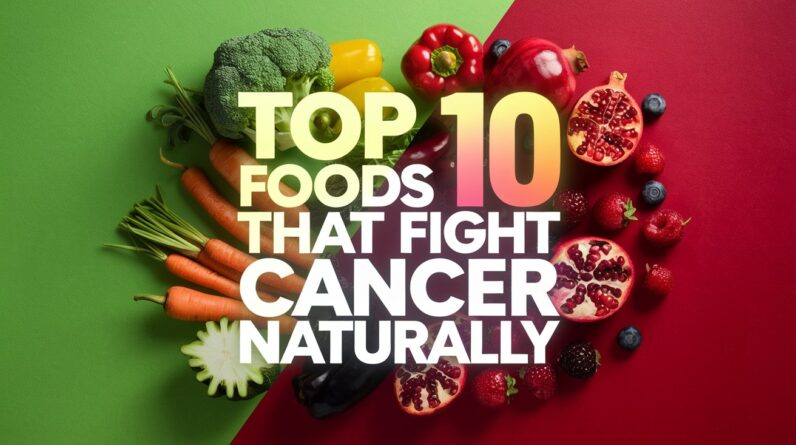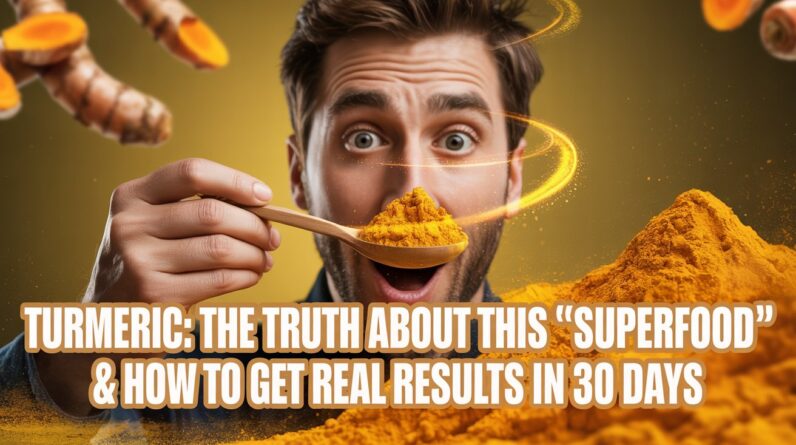
In today’s post, we will explore the top cancer-fighting foods and how they can help starve cancer cells. Understanding what fuels cancer is crucial in this journey, so let’s dive into the factors that contribute to cancer growth and the foods that can help combat it.
What Fuels Cancer?
To effectively starve cancer cells, we first need to understand what they thrive on. Here are the primary factors that contribute to cancer:
- Glucose: Cancer cells prefer glucose as their main energy source due to a phenomenon known as the Warburg effect.
- Chronic Inflammation: Persistent inflammation can create an environment conducive to cancer growth.
- Carcinogenic Compounds: Chemicals that can cause mutations in healthy cells, leading to cancer.
- Oxidative Stress: High levels of oxidative stress can promote cancer cell survival.
- Weak Immune System: A compromised immune system cannot effectively fight off cancer cells.
- Hormonal Imbalances: Hormones, particularly insulin and estrogen, can influence cancer development.
- Gut Health: An imbalanced gut microbiome can affect all the factors mentioned above.
The Warburg Effect: A Closer Look
The Warburg effect refers to the observation that cancer cells predominantly use glycolysis for energy production, even in the presence of oxygen. This process allows them to generate energy quickly, which is essential for their rapid growth. In contrast, healthy cells typically rely on oxidative phosphorylation, which is more efficient but slower.
Key Takeaway:
To starve cancer cells, we need to limit glucose intake and focus on low-carb or ketogenic diets.
Foods That Can Help Starve Cancer
Here’s a list of cancer-fighting foods that can help combat the factors contributing to cancer:
Healthy Fats
- Avocados
- Extra Virgin Olive Oil
- Butter
- Coconut Oil
Low-Carb Proteins
- Grass-Fed Meat
- Wild-Caught Fish
- Pasture-Raised Chicken
Non-Starchy Vegetables
- Leafy Greens
- Mushrooms
- Broccoli (contains sulforaphane)
Nuts and Seeds
- Almonds
- Chia Seeds
Anti-Inflammatory Foods
- Garlic
- Turmeric
- Ginger
- Berries (rich in anthocyanins)
Foods for Liver Support
- Cruciferous Vegetables (like kale and brussels sprouts)
- Tomatoes (rich in lycopene)
- Eggs (contain choline)
Immune-Boosting Foods
- Mushrooms (contain beta-glucans)
- Bell Peppers (high in vitamin C)
The Importance of Whole Foods
It’s essential to focus on whole foods rather than isolated nutrients or supplements. Whole foods provide a holistic approach to health, addressing multiple factors that contribute to cancer.
Foods to Avoid
Processed foods are detrimental to health and can fuel cancer growth. Here’s how they impact the factors contributing to cancer:
- High Sugar and White Flour: Raise blood sugar levels, leading to increased insulin and inflammation.
- Chemicals and Additives: Many processed foods contain carcinogenic compounds and endocrine disruptors that can unbalance hormones.
- Low Nutritional Value: Processed foods often lack essential nutrients and antioxidants, further compromising health.
Conclusion: A Holistic Approach to Cancer Prevention
To effectively combat cancer, prioritize a diet rich in whole, unprocessed foods while minimizing sugar and processed ingredients. By focusing on cancer-fighting foods, we can create an environment that is hostile to cancer cells and supportive of our overall health.
For more insights on mastering health and understanding how the body functions, subscribe to our blog and stay tuned for more life-saving content!







